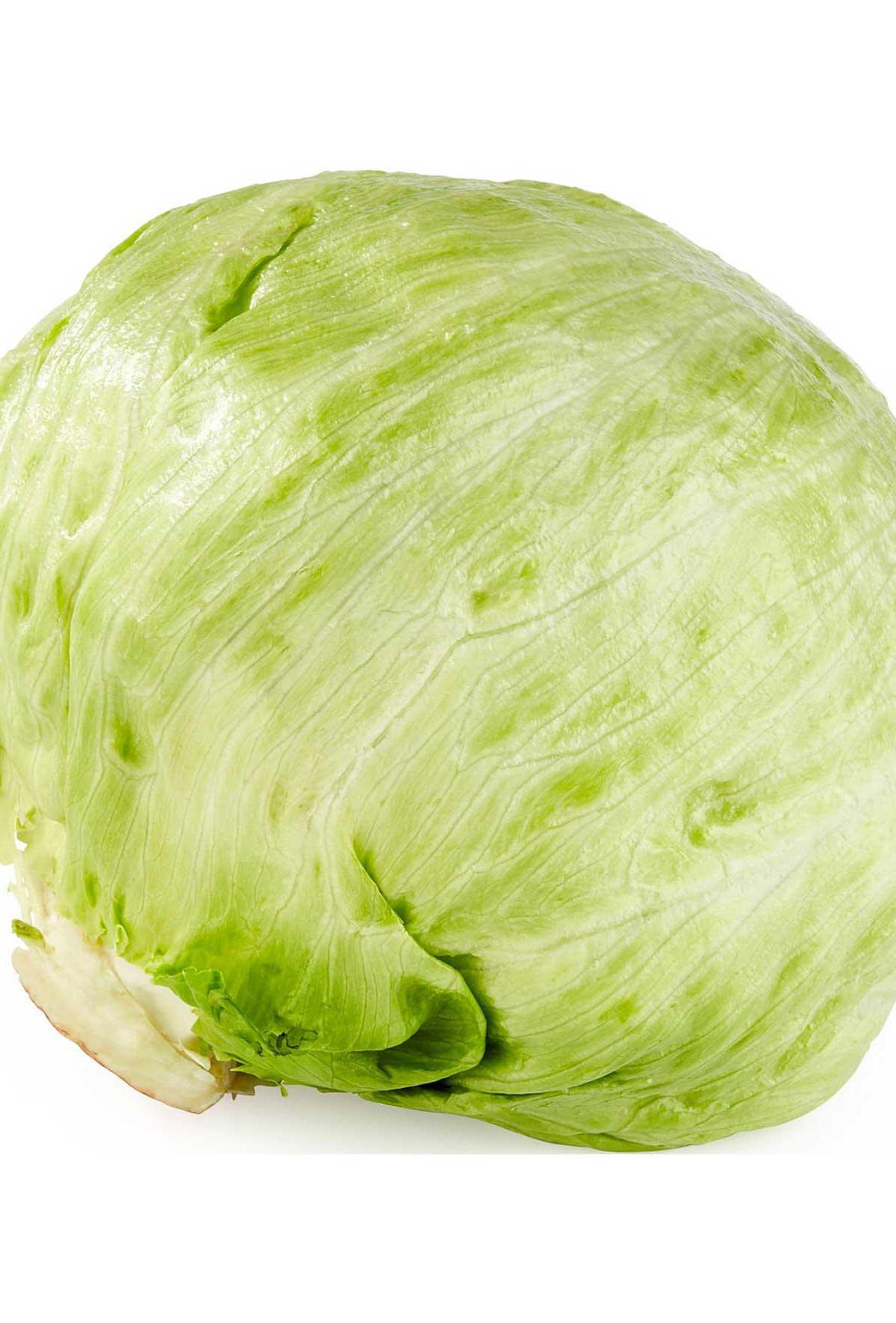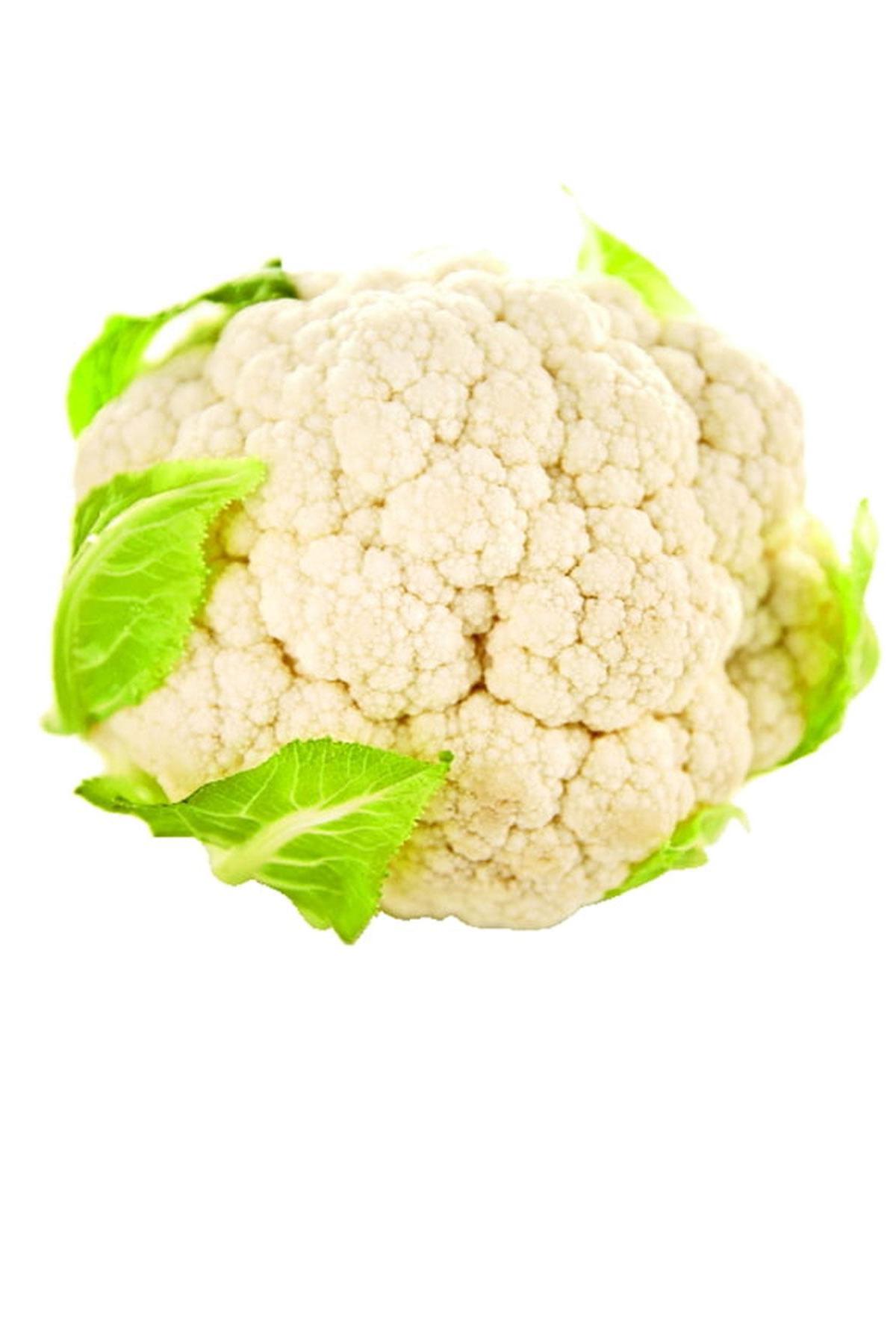Nutritional Properties:
- Low in Calories: Green cabbage is low in calories, making it a diet-friendly option.
- Rich in Vitamins:
- Vitamin C: Provides a good amount of vitamin C, which supports immune health and skin integrity.
- Vitamin K: High in vitamin K, which is important for blood clotting and bone health.
- Vitamin A: Contains beta-carotene, which the body converts into vitamin A, essential for vision and skin health.
- Minerals:
- Calcium: Contains calcium, which is important for bone health.
- Potassium: Helps regulate blood pressure and supports muscle and nerve function.
- Magnesium: Important for muscle and nerve function, and bone health.
- Antioxidants: Rich in antioxidants such as flavonoids and polyphenols, which help protect cells from oxidative stress.
- Fiber: High in dietary fiber, which aids in digestion and helps maintain healthy bowel function.
Health Benefits:
- Supports Digestive Health: The fiber content aids in digestion and helps prevent constipation.
- Boosts Immune System: The vitamin C and antioxidants contribute to a stronger immune system and can help fight off infections.
- Promotes Heart Health: Antioxidants and fiber can support cardiovascular health by reducing inflammation and improving cholesterol levels.
- Anti-inflammatory: The antioxidants and phytonutrients may help reduce inflammation in the body.
Culinary Uses:
- Versatile Ingredient: Can be used in a variety of dishes, including salads, soups, stir-fries, and as a base for slaws.
- Flavor: Has a mild, slightly peppery taste when raw and becomes sweeter when cooked.
- Raw or Cooked: Can be eaten raw in salads or sandwiches, or cooked in dishes like cabbage rolls, soups, and stir-fries.
Storage and Handling:
- Storage: Store green cabbage in the refrigerator where it can stay fresh for up to a week or longer.
- Handling: Wash thoroughly before use to remove any dirt or pesticides. Whole heads of cabbage can be stored longer than pre-cut cabbage.

